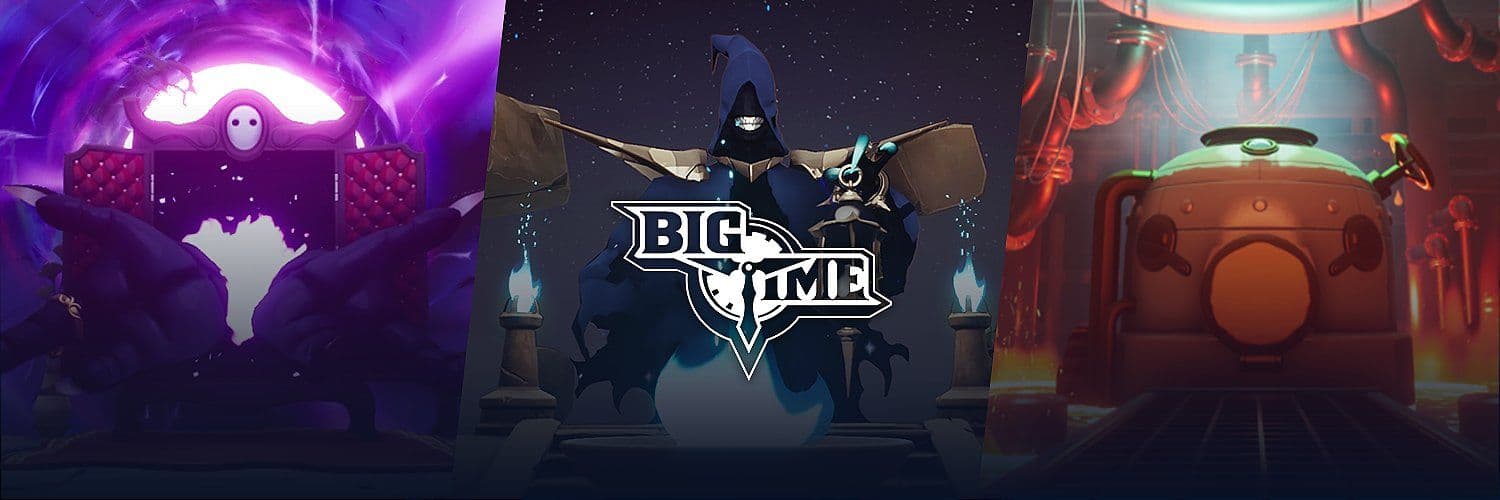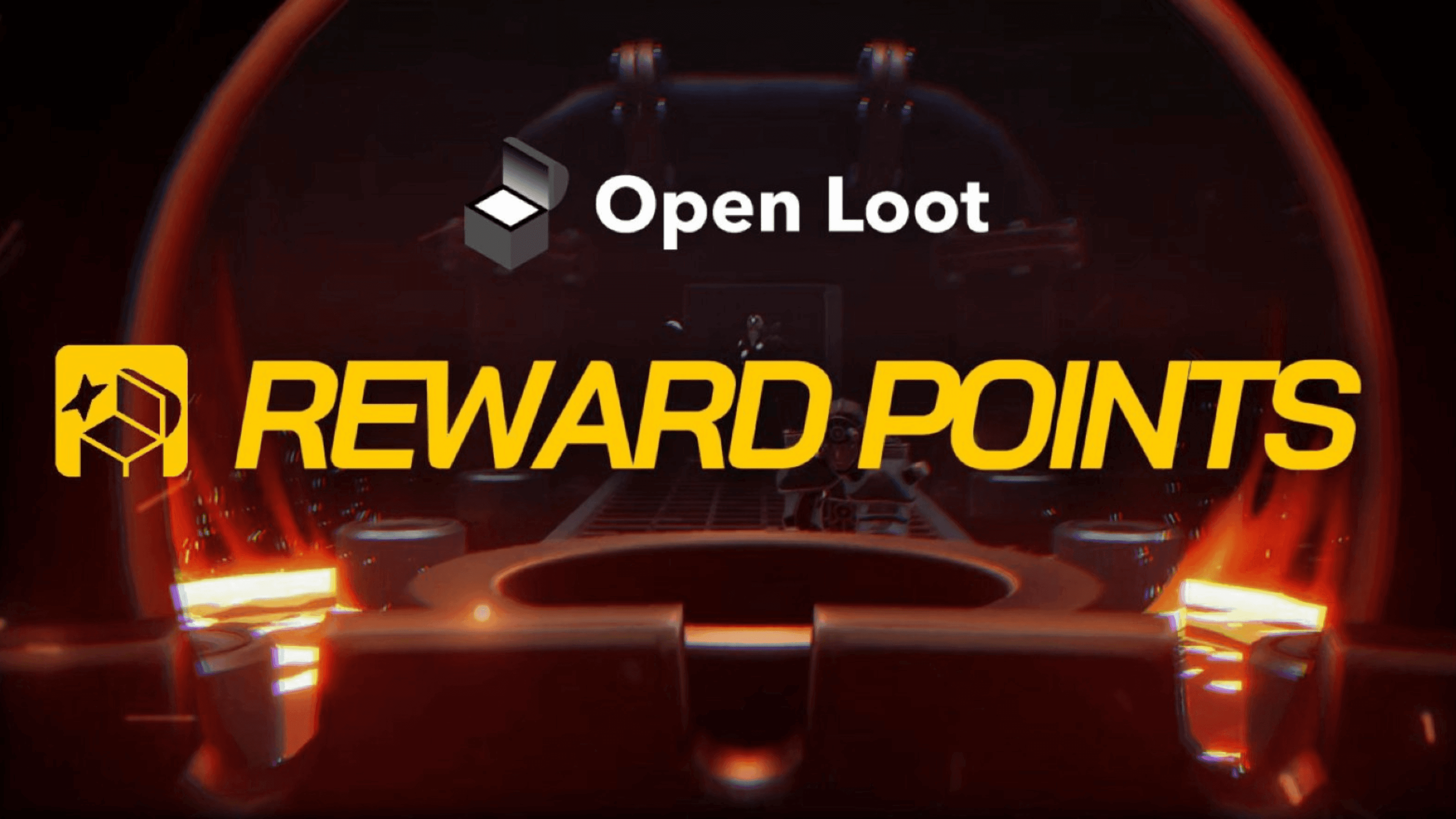The web3 gaming industry has experienced notable shifts in recent years, driven by changing player expectations and the failures of early blockchain-based game models. While initial interest centered around crypto-driven incentives, the majority of those projects failed to deliver lasting engagement.
Over 90 percent of web3 games launched during the play-to-earn era have either stalled or shut down, highlighting a central issue: gameplay was often secondary to token mechanics. As the market recalibrates, the emerging consensus is clear - games must prioritize fun and playability before introducing blockchain elements.

Why it Should be Game First, Crypto Second
Changing Priorities in the Gaming Community
In the aftermath of early web3 gaming experiments, many players expressed dissatisfaction with experiences that placed tokenization above entertainment. The play-to-earn model, once celebrated for its promise of monetized gameplay, lost momentum after the collapse of several high-profile projects.
These titles often focused on speculative assets and in-game economies that lacked depth in core gameplay mechanics. As a result, players became increasingly critical of games where financial incentives overshadowed enjoyment. The new direction in web3 gaming focuses on creating compelling, engaging gameplay that uses blockchain features only as a support system - enhancing rather than defining the experience.

Discontinued Games
Open Loot’s Game-First Framework
Open Loot is one of the platforms at the center of this shift. By emphasizing gameplay as the primary value proposition, Open Loot has positioned itself as a leader in this new phase of web3 gaming. The platform has recorded $540 million in marketplace volume and $208 million in primary sales, figures that support its game-first strategy.
Through features such as gasless NFTs, user-friendly wallets, and fiat on-ramps, Open Loot enables developers to build quality games without requiring players to navigate complex blockchain interactions. Its $150 million developer fund is dedicated to supporting studios that align with this philosophy, fostering projects where gameplay takes precedence and blockchain functionality remains in the background.

Open Loot Marketplace Activity (Last 30 Days)
Big Time
Big Time, developed by Big Time Studios, exemplifies the approach of putting gameplay before crypto features. The game combines action-based combat with time-traveling scenarios set in both historical and futuristic environments. Players explore expansive worlds, engage in battles, and collect NFT-based gear and Epoch Chests that serve as supplementary features rather than core mechanics.
The game’s Open Access launch attracted significant attention due to its polished gameplay and design, drawing players who were interested in the experience itself rather than the underlying blockchain. On Open Loot, the blockchain quietly enables ownership and economy features without interfering with the player experience.

Big Time
Shatterpoint
Another title supported by Open Loot, Shatterpoint, emphasizes player skill in both PvP and PvE environments. Set in a fractured universe, the game invites players to master combat and strategy across various landscapes and team-based missions.
While NFT weapons and armor are available and tradable through the Open Loot marketplace, they are designed to offer customization options rather than competitive advantages. This balance allows blockchain elements to remain part of the experience without overshadowing the gameplay itself. By focusing on skill development and player engagement, Shatterpoint illustrates the benefits of a game-first approach.

Shatterpoint
Kokodi
Kokodi, developed by KOKODI Games, takes a creative approach to integrating blockchain without compromising gameplay. Its standout feature, Plan B(ox), is a system of insurance-themed loot boxes that allows players to protect in-game assets from loss during high-risk raids.
The ongoing July 2025 sale of B(ox) Eggs, priced at $59 each, has 552 units remaining from the 1,000 available. This mechanic introduces a layer of risk management that adds to the game’s strategy and depth. Rather than focusing on token speculation, Kokodi uses blockchain to support innovative game design. With Open Loot powering the marketplace and transaction layer, the focus remains on delivering a dynamic player experience.

Kokodi
Why it Should be Game First, Crypto Second
The reorientation of web3 gaming from a finance-first to a game-first model reflects a broader industry trend. Players have moved past the novelty of crypto-driven ecosystems and are demanding games that deliver value through play.
Open Loot’s model - centered around accessible technology, integrated ownership, and simplified on-ramps - meets this demand. Titles like Big Time, Shatterpoint, and Kokodi illustrate that blockchain can add value to games without dominating them. As the industry continues to evolve, this shift in priorities is setting a new standard for what successful web3 games can look like.
For more updates and developments, visit the Open Loot News Page.



